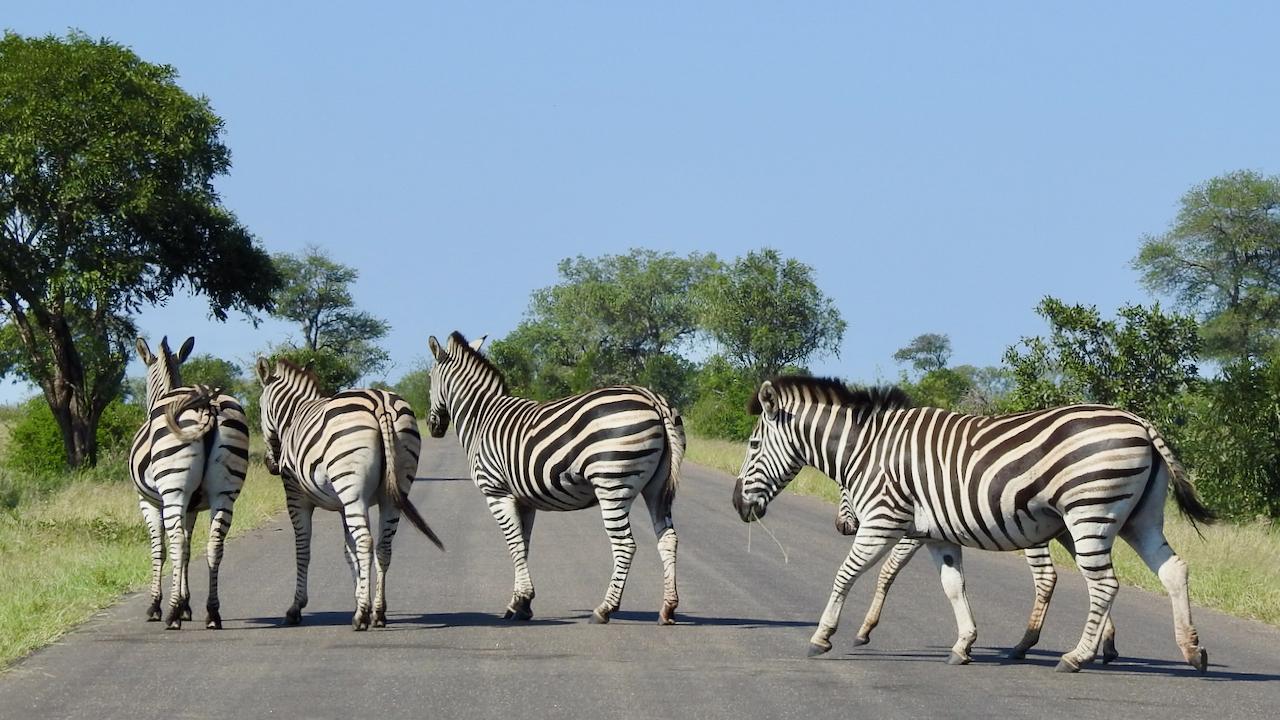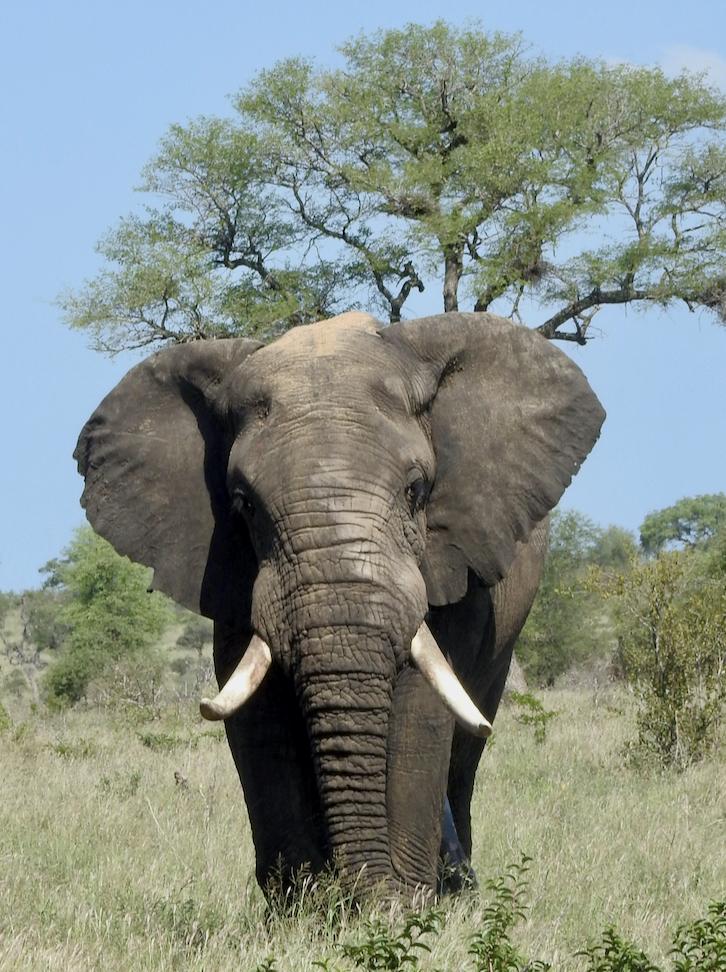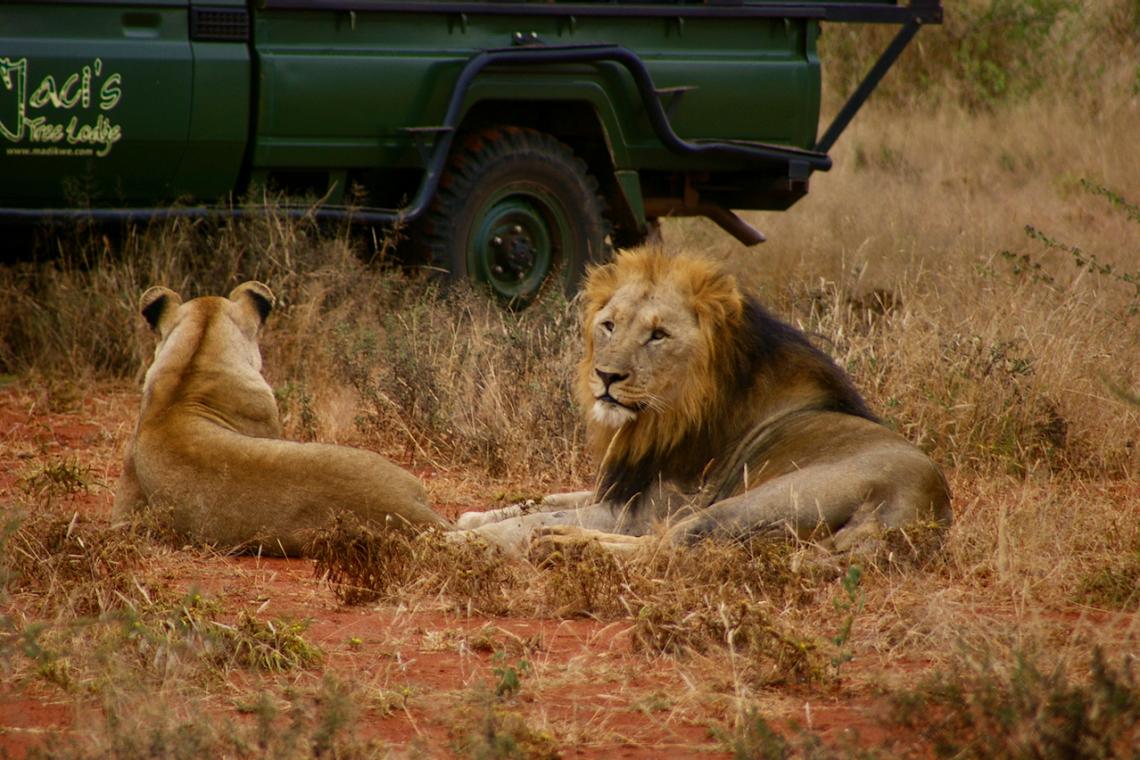The environmental impact of the global tourism industry is widely researched and publicised. Less well known is how the support of that tourism machine supports and expands wildlife conservation, especially in Africa.
Value of Nature-Based and Wildlife Tourism in Africa
Global tourism accounts for more than 1 in every ten jobs. In Africa, tourism supports 24 million people with employment. Tourism also drives 8.5% of Africa's economy, and it is growing. Globally, nature-based tourism is growing at 10% -12% per anum, substantially more than tourism as a whole. By 2030 the number of tourists in Africa is projected to grow from 62m to 134m.
Nature-based tourism not only provides jobs and business opportunities.
- It provides good jobs.
- Wildlife tourism utilises rural areas who need the economic boost the most.
- It provides more jobs for investment than farming and other industries.
- It supports the employment of the woman.
Value of Nature-Based and Wildlife Tourism in Africa
Global tourism accounts for more than 1 in every ten jobs. In Africa, tourism supports 24 million people with employment. Tourism also drives 8.5% of Africa's economy, and it is growing. Globally, nature-based tourism is growing at 10% -12% per anum, substantially more than tourism as a whole. By 2030 the number of tourists in Africa is projected to grow from 62m to 134m.
Nature-based tourism not only provides jobs and business opportunities.
- It provides good jobs.
- Wildlife tourism utilises rural areas who need the economic boost the most.
- It provides more jobs for investment than farming and other industries.
- It supports the employment of the woman.

Dr Lauren Evans, Space for Giants' Director of Conservation Science, said: "Africa's unique diversity of wildlife and habitat has the potential to transform the continent's economy radically. At present few State Protected Areas are meeting their potential as engines for growth, presenting a major opportunity for governments. Cared for and sustainably developed, these are national assets that can provide significant financial and social returns now and long into the future."
So how does this relate to wildlife conservation? In Africa, 80% of tours are for wildlife watching. Wildlife is what tourists want to see when they visit the continent. Also interesting to note is that nature-based tourism income is higher than business or general leisure tourism and mainly comes from international visitors. Africa's 8400 protected areas generate $48 billion in tourist spending.
Tourism support conservation
Don't be fooled; entire Africa is not one big conserved area supported by safaris. Eight thousand four hundred protected areas in Africa only make up 13.8% of the continents land area, and this is being eroded as we speak. There is a lot of room for growth, and this growth can provide support to increase the land under conservation.
The continent is critical to preserve global biodiversity in that it supports one-third of the earth's biodiversity. According to the WWF living planet report, globally vertebrate species have declined by 60% since 1970. An extra 800m to 2 billion in funding is needed, to maintain the lion populations. Africa needs tourism.
So how does this relate to wildlife conservation? In Africa, 80% of tours are for wildlife watching. Wildlife is what tourists want to see when they visit the continent. Also interesting to note is that nature-based tourism income is higher than business or general leisure tourism and mainly comes from international visitors. Africa's 8400 protected areas generate $48 billion in tourist spending.
Tourism support conservation
Don't be fooled; entire Africa is not one big conserved area supported by safaris. Eight thousand four hundred protected areas in Africa only make up 13.8% of the continents land area, and this is being eroded as we speak. There is a lot of room for growth, and this growth can provide support to increase the land under conservation.
The continent is critical to preserve global biodiversity in that it supports one-third of the earth's biodiversity. According to the WWF living planet report, globally vertebrate species have declined by 60% since 1970. An extra 800m to 2 billion in funding is needed, to maintain the lion populations. Africa needs tourism.

By supporting African nature-based and wildlife tourism, you not only make a social impact by providing jobs and financial support but also provide support for conservation initiatives. This article is based on the working paper produced by Space for Giants and the United Nations Environment Programme (UN Environment) entitled 'Building a Wildlife Economy'. The report is available for download here at https://spaceforgiants.org.
Published at ConservationMag here.
Published at ConservationMag here.


